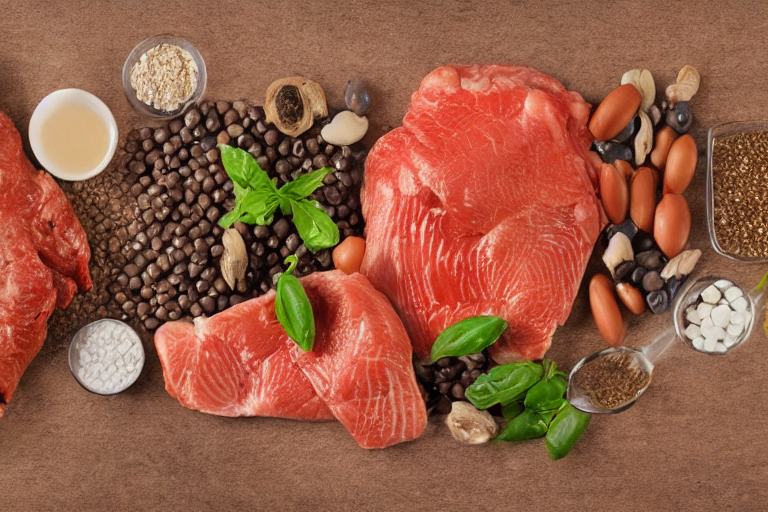ith many people choosing to reduce carbohydrates from their diet, a frequent replacement are foods rich in protein. We often hear an emphasis in food marketing about the high protein content in a particular dish, and the public has generally come to accept protein as a good thing that we should be striving to get more of. While protein is a vital nutrient to out diets, there is such a thing as too much, and it can have a harmful effect on our bodies when consumed in excessive amounts.
A report from the International Food Information Council Foundation tells us that 50% of consumers have indicated an interest to get more protein in their diet, and 37% of those people are under the impression that higher protein intake will result in weight loss. A similar study conducted by the Journal of Nutritional Education and Behaviour revealed that 43% of the women they surveyed were already eating more protein in order to lose weight.
Increasing your daily intake of protein is not necessarily a bad thing so long as your are increasing the amount of fresh fruits, vegetables, and whole grains. People who do that tend to stay away from the processed foods that contain simple carbohydrates like white bread, cookies and crackers. These are the carbs that you want to avoid because they are digested quickly and turned into blood sugar without the nutrient benefit you would gain from other foods. While reducing your carbohydrates and shifting to protein can provide you with some short term gains in weight loss, it can be offset by the long term risks associated with high protein diets.
Protein is required in our diets as it is used to build and repair the cells that make up our muscles, organs, and skin. It is recommended that at least 15% of an individual’s daily caloric intake be compressed of protein. It helps the body to lose weight because it takes longer as well as requires more energy to digest than simple refined carbohydrates. This leads you to feel full longer, and reduces the craving to snack.
Long term however, a high protein diet can cause osteoporosis. Since digesting this protein requires the body to release acids into the bloodstream, calcium is also needed to neutralize that acid once the digestion is complete. If that calcium is not readily available, it will be pulled from the bones. Also, the extra protein causes the kidneys to work much harder to process it. This is why people with kidney disease need to closely monitor their protein intake.
As you reduce your carbohydrates, it’s important to remember that you maybe depriving your brain and muscles of much needed glucose – the fuel that is converted from digesting carbs. Since carbohydrates are typically one’s main source of fiber, you may also be missing the benefit of regular bowel movements. This is why is it recommenced to rapidly increase your consumption of fruits and vegetables if you plan to cut back on carbs.
If you wish to push ahead with reducing your carbs, make sure that you are eliminating the bad ones and keeping the good. Those to cut out from your diet would be the processed wheat found in white bread and snack foods. Keep the complex grains like whole wheat, oats and quinoa.

